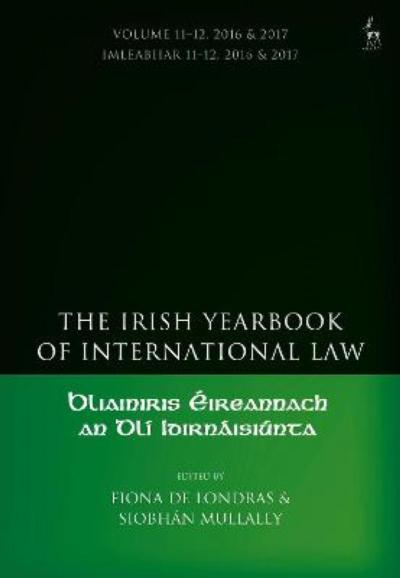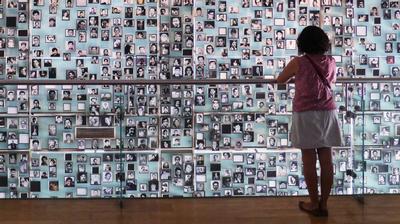Conference Paper / Presentation
| 2010
"Post-transitional trials in Argentina, Chile, and Uruguay"
This paper analyses why Uruguayan judges have lagged behind judges in Argentina and Chile in the prosecution of its military for human rights violations committed during the dictatorship. The onset of large-scale trials in Argentina and Chile is attributed to a combination of judicial activism, a sustained demand for justice, and in the case of Argentina, important changes in the legal basis for judicial action. By contrast, I argue that a national amnesty law and explicit executive interference in judicial matters combined with the failure to reform the judiciary has prolonged the conservative nature of Uruguayan judges, making them slow in responding to international legal development in human rights.
Read more:
http://lasa.international.pitt.edu/eng/
http://lasa.international.pitt.edu/eng/








